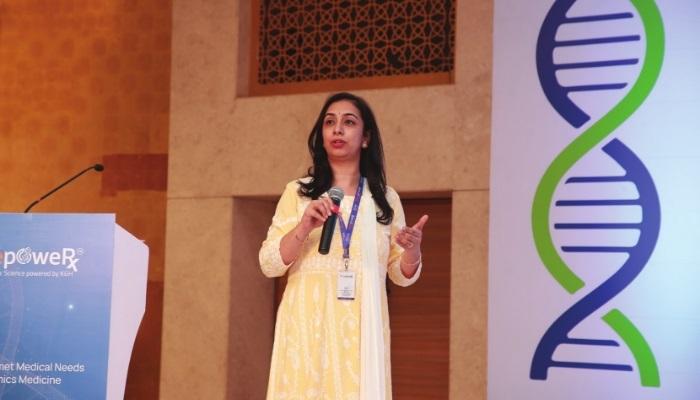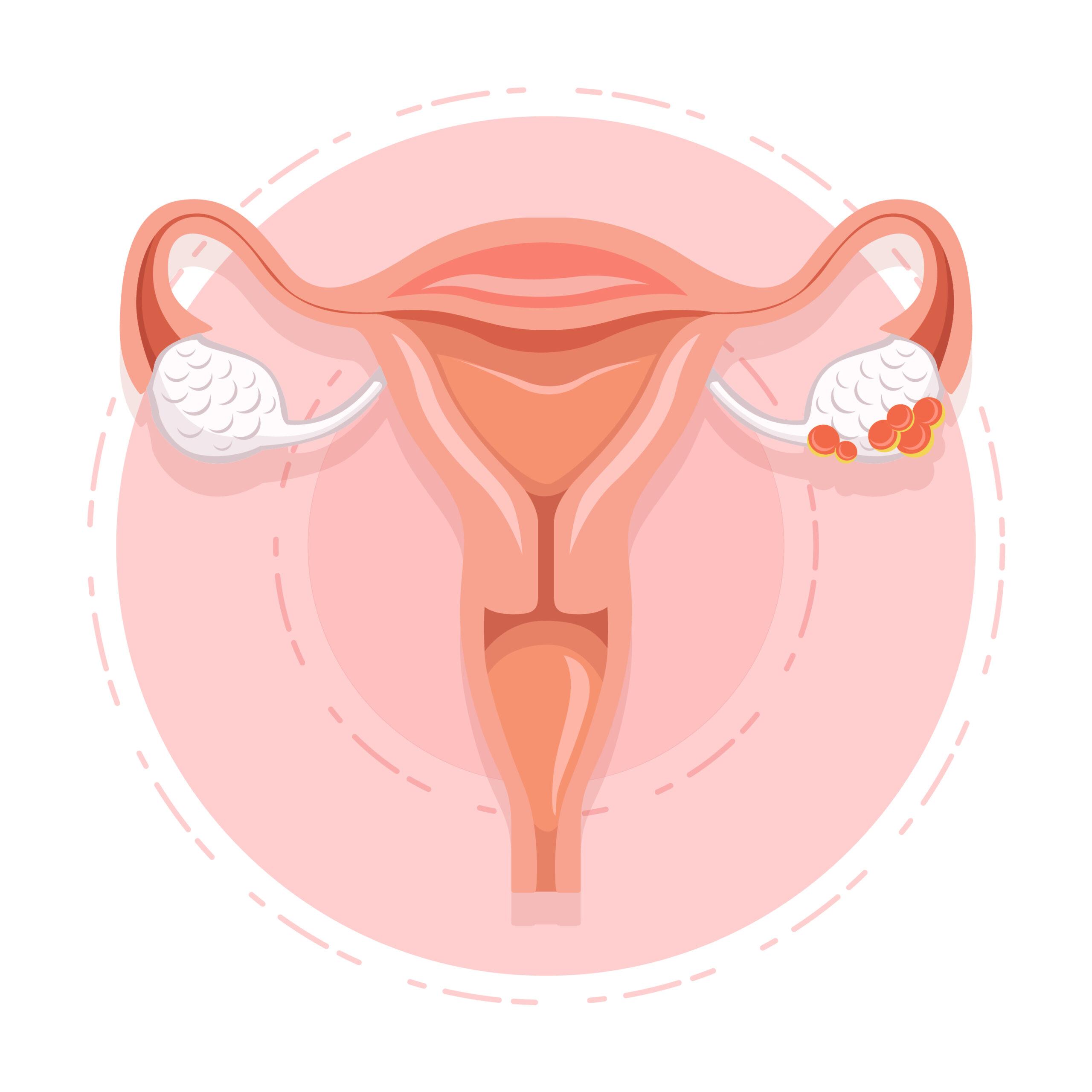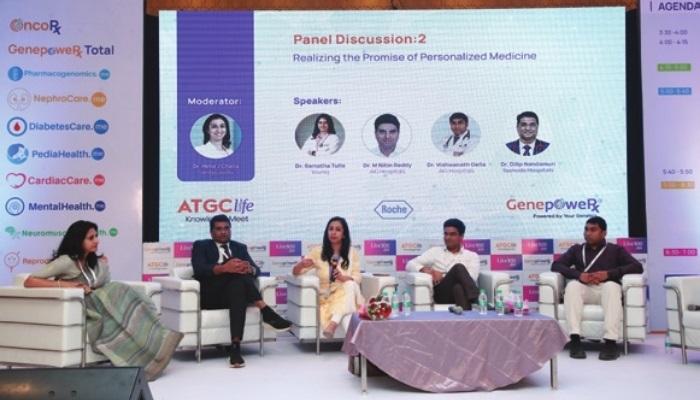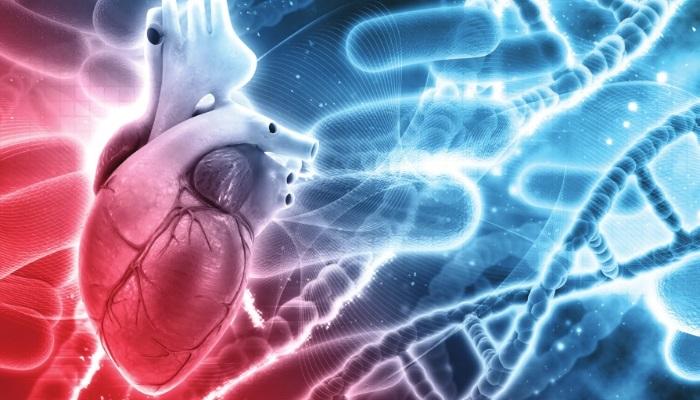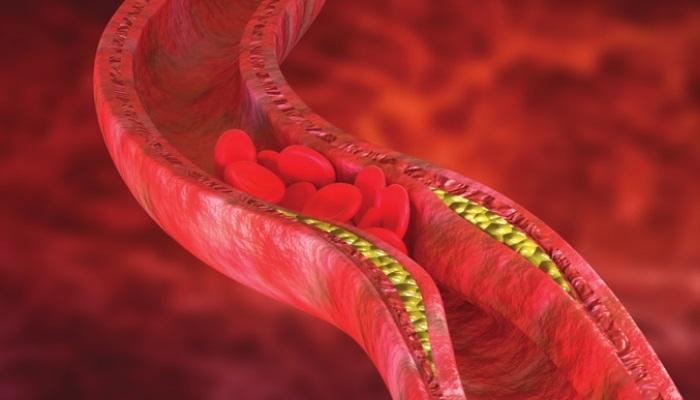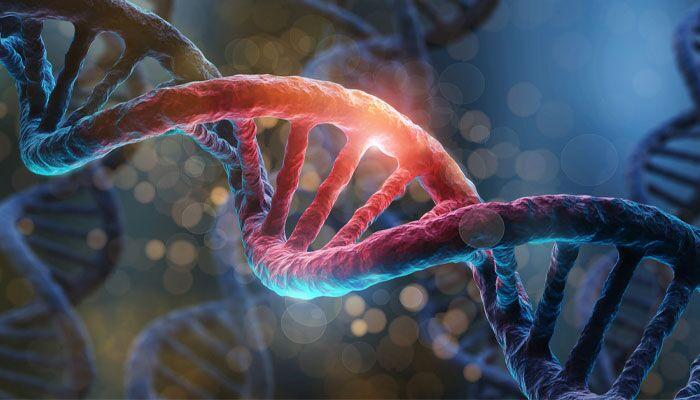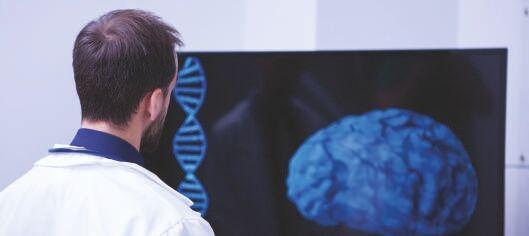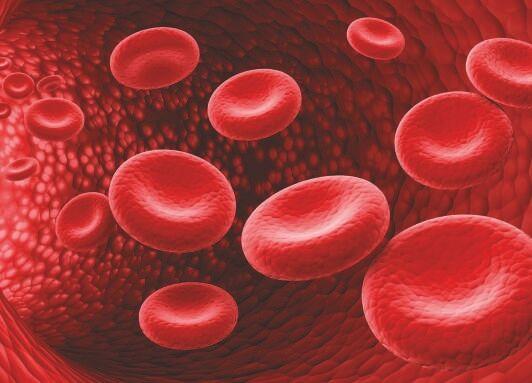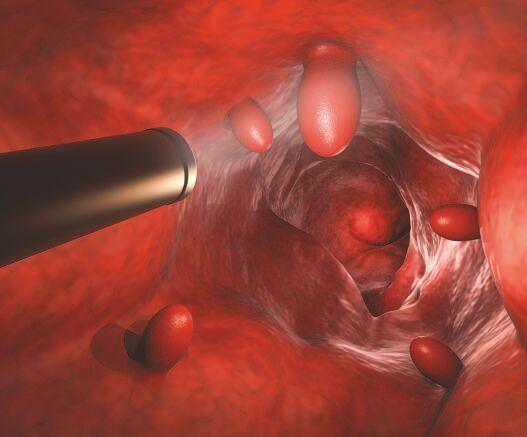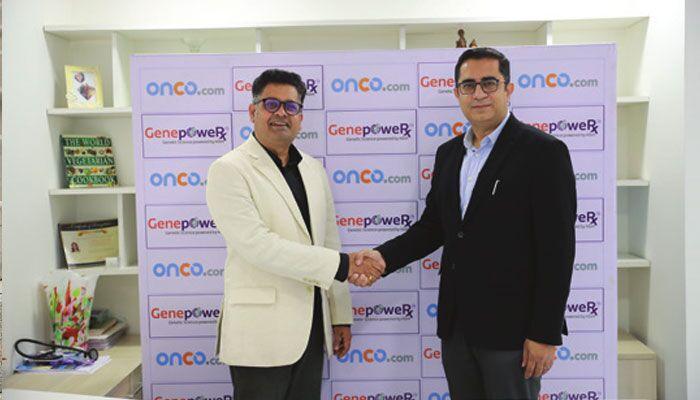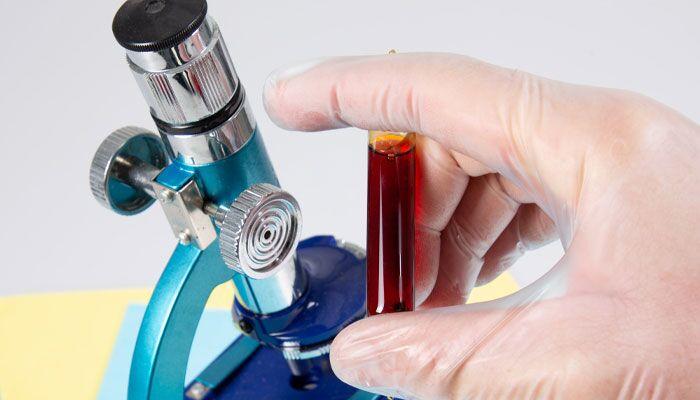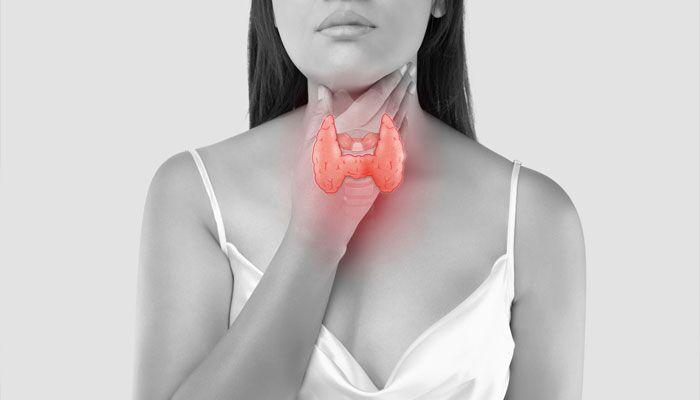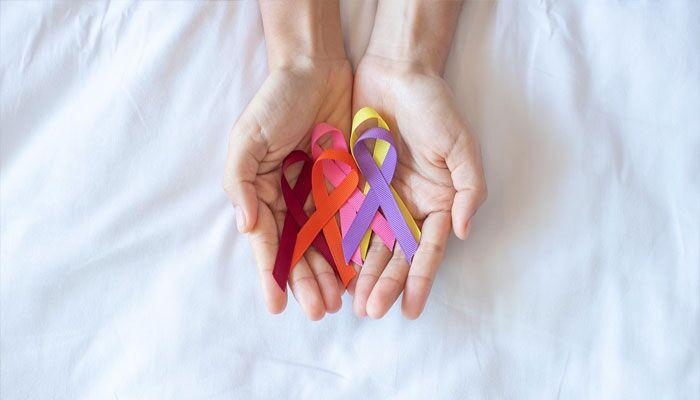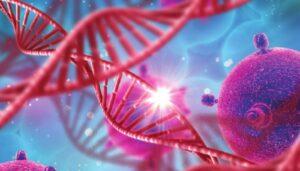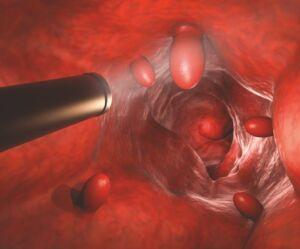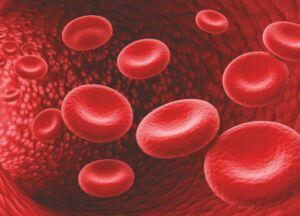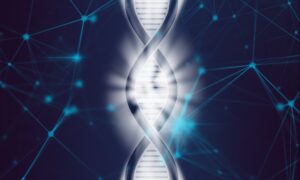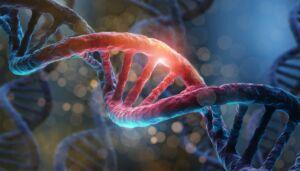
Effect of Genetics on Nutritional Requirements

Human genome and nutrition have a bilateral relationship. The genes of an individual determine the nutrient status, metabolic response, and susceptibility to diet-dependent or related health disorders. On the other hand, nutrients regulate transcription factors that modify the gene expression, thus, adjust the metabolic responses at molecular level.
One of the major causes for the difference in the response in diet among different individuals is the genetic variation. Knowing how genetic variation influences gene expression and identifying genetic variants as risk factors for nutrition dependent or related disorders is the aim of nutrigenetics or nutritional genomics.
How do genes affect the nutritional requirements
Epigenetic alterations are an important component of the gene-diet interactions, which impact vital biological processes like the metabolism of dietary nutrients. An important epigenetic alteration is the methylation of DNA in and around promotor regions, which results in reduced or suppressed gene transcription and can be reversed or unmethylated. Some examples of genetic alterations and their effect on nutrition are discussed below.
Methylenetetrahydrofolate reductase gene (MTHFR) : MTHFR is involved in the metabolism of folic acid and maintenance of the normal blood level of homocysteine. Folate is a B vitamin whose function is to carry and activate one-carbon units; one-carbon unit is required for the remethylation of homocysteine to methionine, which can be further adenylated to form S-adenosylmethionine, a cofactor for methylation reactions including those involved in gene regulation. MTHFR Ala222Val polymorphism, a C-to-T transition in the coding region, results the conversion of an alanine to a valine in the protein. This impairs remethylation of homocysteine to methionine, altering DNA methylation and gene expression, and also increases the conversion of deoxyuridine monophosphate (dUMP) to deoxythymidine monophosphate (dTMP), which leads to more folate-dependent thymidine biosynthesis.
An individual homozygous for the rarer MTHFR T allele (T/T) require a higher folate intake than the carriers of C allele to lower their risk of folate-related pathologies.
Gc-globulin (GC) gene : This gene codes of the vitamin D binding protein (DBP), which is the main carrier of vitamin D metabolites in bloodstream; about 85% of the total 25(OH)D is bound to this protein. It also acts as its reservoir, when intake and synthesis are low.
Two of the most studied single nucleotide polymorphisms (SNPs) in the GC gene are the missense SNPs rs4588 and rs7041, which together define the GC1s, GC1f, and GC2 haplotypes. rs4588 causes substitution of lysine for threonine (at position 436) and rs7041 SNP results in a substitution of glutamic acid for aspartic acid (at position 432). Research has found lower serum concentrations of 25(OH)D in carriers of one or more GC2 alleles, and GC2/GC2 homozygotes have higher risk of vitamin D deficiency.
Further evidence found that that the rs4588 A/A genotype and the GC2/GC2 diplotype were both associated with low serum levels of 25(OH)D at birth; these variants and the rs7041 G/G genotype did not benefit from vitamin D supplementation. Whereas, GC2 carriers (and especially GC2 homozygotes) are likely to respond to vitamin D supplementation.

Apart from these two, there are several other genes identified that may be associated with carbohydrate, fat and total energy intake at the fat mass and obesity–associated (FTO) locus. But the results were mixed and inconsistent among various ethnic groups.
Although nutrition based on the genetic make up of an individual may not be a reality now, but still there is a lot of potential in this arena. Research has identified several genes associated with nutritional deficiencies, which can help an individual to address the root cause of their disease related to nutrition. Many ongoing studies are evaluating the association of certain genes and nutritional requirements. A personalized diet based on the genetic variations can be available to the common man in the near future.
Reference :
- Mullins VA, Bresette W, Johnstone L, Hallmark B, Chilton FH. Genomics in Personalized
Nutrition: Can You “Eat for Your Genes”? Nutrients. 2020; 12(10):3118. (Accessed on
29-11-2022) - Theresa Drabsch, Jennifer Gatzemeier, Lisa Pfadenhauer, Hans Hauner, Christina
Holzapfel, Associations between Single Nucleotide Polymorphisms and Total Energy,
Carbohydrate, and Fat Intakes: A Systematic Review, Advances in Nutrition, Volume 9,
Issue 4, July 2018, Pages 425–453. (Accessed on 29-11-2022) - Ayman Zaky Elsamanoudy, Moustafa Ahmed Mohamed Neamat-Allah, Fatma Azzahra
Hisham Mohammad, Mohammed Hassanien, Hoda Ahmed Nada. The role of nutrition
related genes and nutrigenetics in understanding the pathogenesis of cancer, Journal of
Microscopy and Ultrastructure, Volume 4, Issue 3, 2016, Pages 115-122, ISSN 2213-879X.
(Accessed on 29-11-2022) - Patrick J Stover, Influence of human genetic variation on nutritional requirements, The
American Journal of Clinical Nutrition, Volume 83, Issue 2, February 2006, Pages
436S–442S. (Accessed on 29-11-2022)



